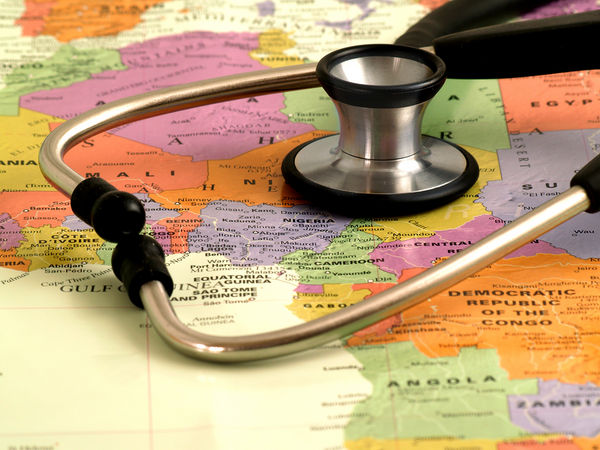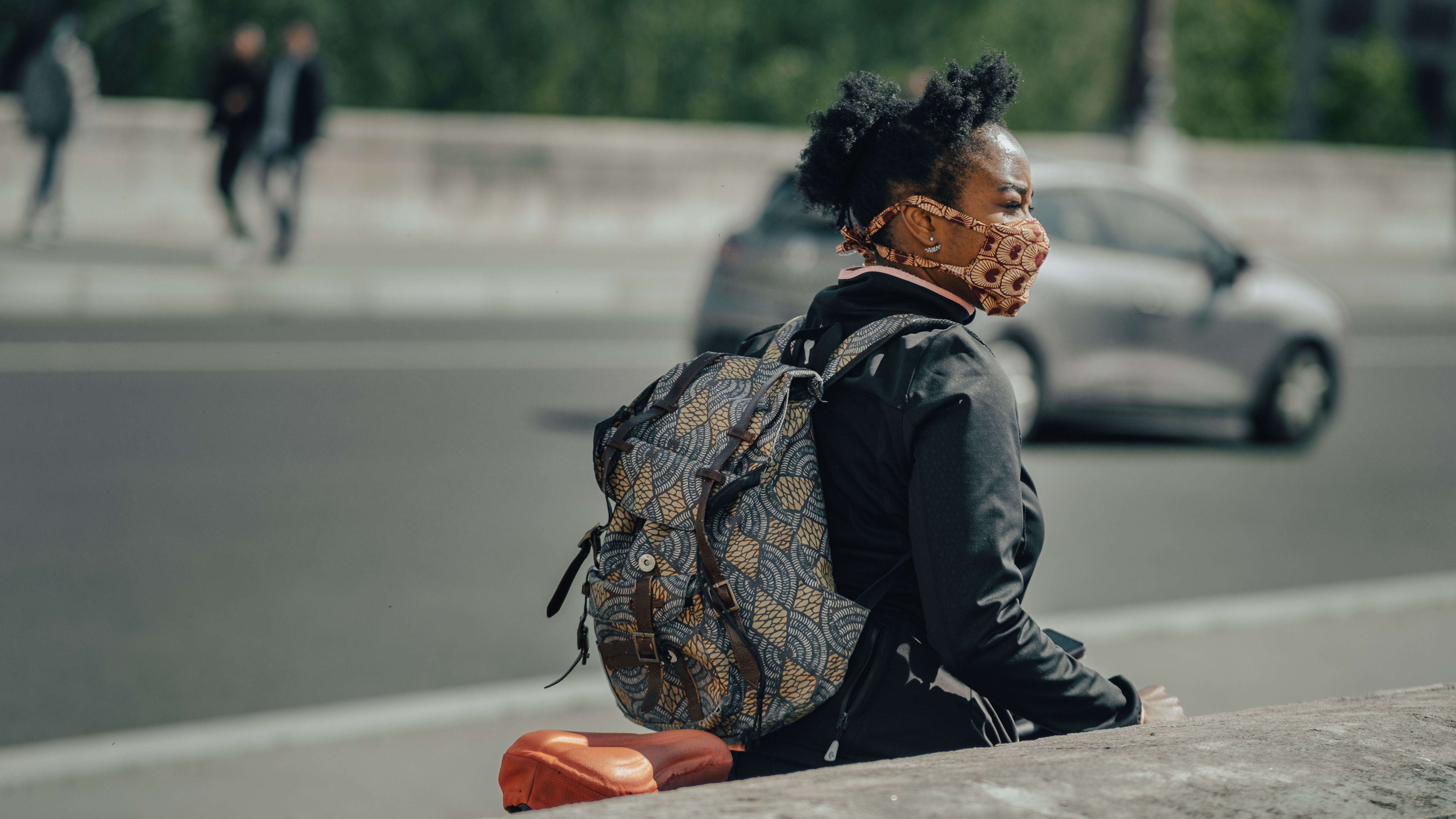Travel health advice for visiting friends and relatives overseas
With the coronavirus pandemic still lingering, people all over the world are yearning to reunite with their loved ones, to share stories and create new memories. As borders begin to re-open and the possibility of travel becomes a reality once again, now is the time to start planning your reunion.
In this blog, we’ve listed our top tips to ensure you remain healthy and safe while visiting your friends and family overseas. Read on to find out more…

Visiting friends and relatives overseas
Recommended vaccinations
Vaccinations protect the body against illnesses such as hepatitis A, hepatitis B, rabies and meningitis. If you are visiting friends and relatives overseas in a country where these illnesses are prevalent, such as Thailand, Brazil or India, make sure that your vaccinations are up to date. Your body only maintains protective antibodies against some common diseases as long as it is exposed to that disease.
Reduce the Risk of COVID-19
Amid the current COVID-19 pandemic, it is important for to follow local regulations and government travel advice while visiting friends and relatives overseas to reduce the risk of spreading or contracting coronavirus. Some recommended ways to stay safe from COVID-19 on your travels include wearing face coverings in public spaces where social distance cannot be maintained and ensuring good hand hygiene. Carrying an alcohol-based hand gel is a great way to reduce the spread of the virus while on-the-go. It’s also important to touching as few surfaces as possible and avoiding touching your face with unclean hands.
When visiting friends and relatives overseas, you should also follow government guidelines on social distancing and face coverings, which can vary country-to-country.

Travelling with children
Visiting your family with the kids? Extra care is needed to ensure children can enjoy themselves without falling ill. Children who have been brought up in Western Europe have no natural protection against many of the diseases that are present in Asia, South America and Africa.
As part of their National Immunisation Programme, all children born in Ireland since 2008 should be covered against Hepatitis B. It’s worth talking with your GP or calling into a TMB clinic to get advice about the other recommended vaccinations for children. In some cases, the child may be so young that they are unable to receive the recommended vaccinations – it’s best to talk with an expert to get all the information you need and access the situation properly.
Sun exposure and dehydration
The sun’s rays in Africa, Asia and South America tend to be a lot stronger than they are here in Ireland. It’s important to protect your skin from sun damage, which is the biggest contributor to dehydration and increases the risk of skin cancer in the future. Bring high-factor sun cream on your travels and seek the shade during the hours when the sun is at its highest. Protect yourself further with a wide-brimmed hat and high-quality sunglasses.
Post-exposure screening
The incubation period for tropical illnesses can be a lot longer than you’d think. If an individual falls ill a few months after travelling, it could still be from their time abroad. Put your health first and consider a post-exposure medical screening after your travels to rule out potentially fatal illnesses. This peace of mind really is priceless!
Zika is also still a major concern for those planning travel to affected areas. The virus is still prevalent in many parts of the world and, as there is no vaccination against it, it is strongly recommended that you are screened upon your return if you suffer from symptoms including fever, muscular aches and pains, headache and runny eyes. These symptoms are very similar to those for the flu so at this time of year it is important to be extra cautious.
Health risks for expats
Another side of this is family and friends returning home. What many don’t realise is that the personal protection against many diseases gained by living in an area for many years is frequently lost when individuals move to a new region where the disease is not prevalent. Individuals returning home need to think long and hard about the diseases they may no longer be immune to.
For example, if you’re originally from West Africa but have been living in Europe for the last few years, you will not have the same number of antibodies to fight against malaria as those who still live in West Africa, friends and family included. It is recommended that you take regular adequate malaria prophylaxis to protect against this potentially fatal disease.
Travel Health
We hope that you find these tips for visiting friends and relatives overseas useful when you reunite with your loved ones around the world. For more travel health tips and advice call your local TMB travel health clinic and speak to one of our qualified professionals.

